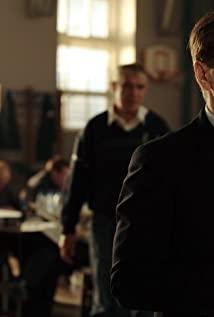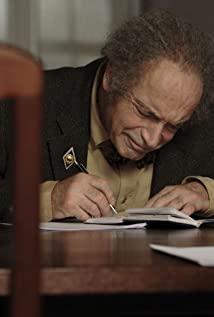I finally understood what this movie was trying to say, which is moral forgiveness, what a sublime subject. It is an intoxicating reflection on everything: individual sin and punishment, national blood and tears, social justice, humanity, justice and benevolence, and so on. Probably the director's original intention was to show the horizontal and vertical picture of Russia through a criminal trial, so 12 people gathered together to tell a good story about Russia, and then each person cast a holy innocence after self-repentance and touching. Then I started to worry about the future of the teenager, and then the saint went out to adopt the teenager, and then, this trial actually has nothing to do with the law.
The film focuses on each person's self-dissection, while the innocence required by law is secondary, too fragmented to connect logically. Ignoring the procedural justice of the law, not understanding the inherent rationality and value of the procedure, and each juror can't even figure out his own position, he began to speak justice like a castle in the air. This film doesn't even touch on the classic debate about the relationship between law and morality, because it doesn't even put the law on the table to fight and argue with the so-called benevolence, but inexplicably ends by saying, "The law is Eternal, supreme, but what if mercy is higher than the law", which is hard enough for the law.
What's most jaw-dropping is the discussion at the end about whether it's better for the juvenile to be acquitted or guilty. This plot can barely be regarded as creating a conflict between benevolence and the law, but this sense of justice that changes the fate of others is really terrifying, and only God has this qualification. A group of people is supposed to evaluate and judge according to the standard, but when they play with them, they become the standard itself.
Justice is the face of Proteus, and there are thousands of people. In a trial process that seems to have done justice to the case, there is actually no logical and complete innocence. It is presented through bitter self-dissection and superfluous truth. From the vulgar, vulgar, stubborn prejudice at the beginning, to the collective redemption and the feeling of being redeemed at the end, the connotations embodied are all contrary to the spirit of the rule of law that the jury trial, the superficial carrier, should bear.
To promote kindness and conscience in this way is to impair overall justice, belittle procedural justice, and disregard reason.
View more about 12 reviews











